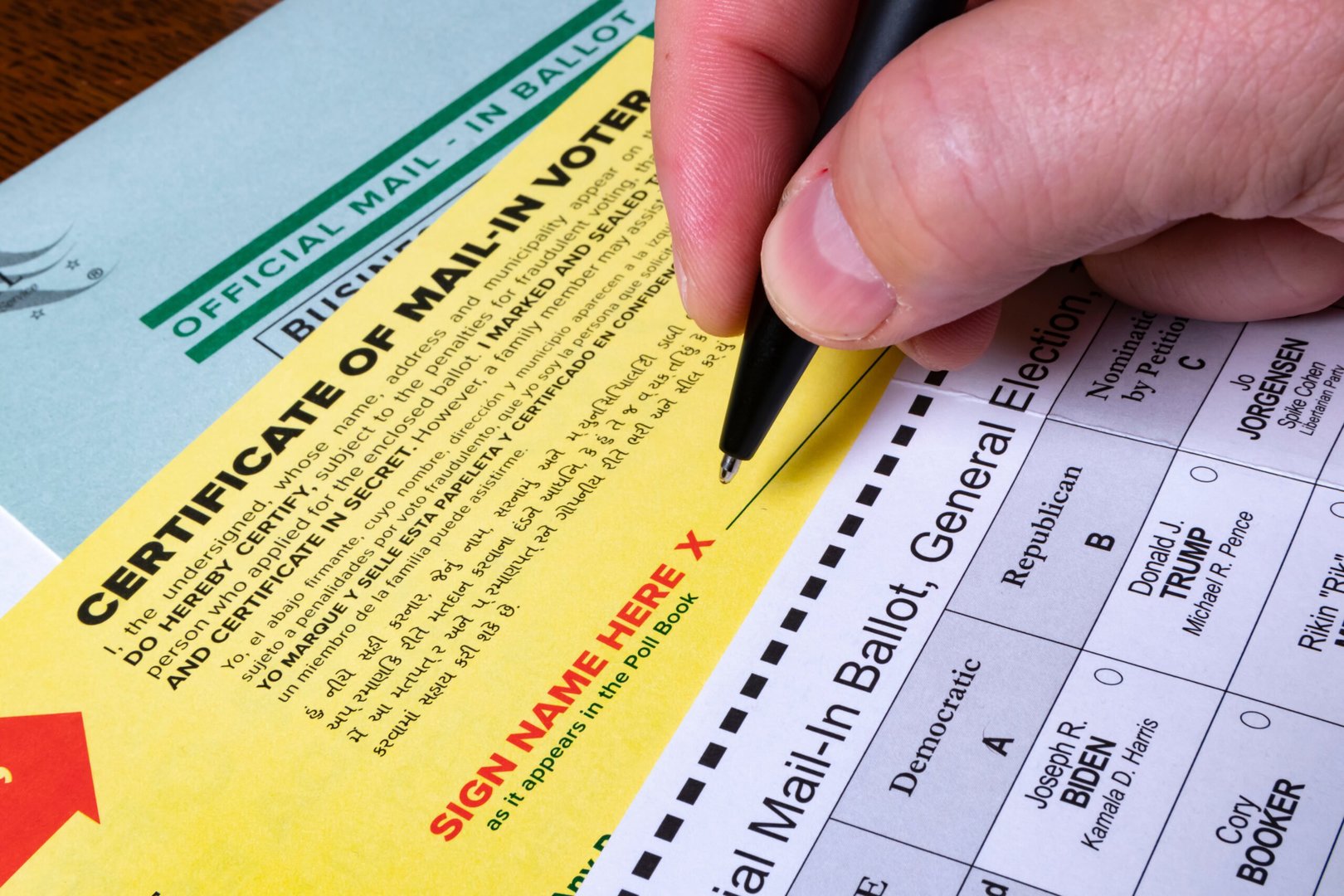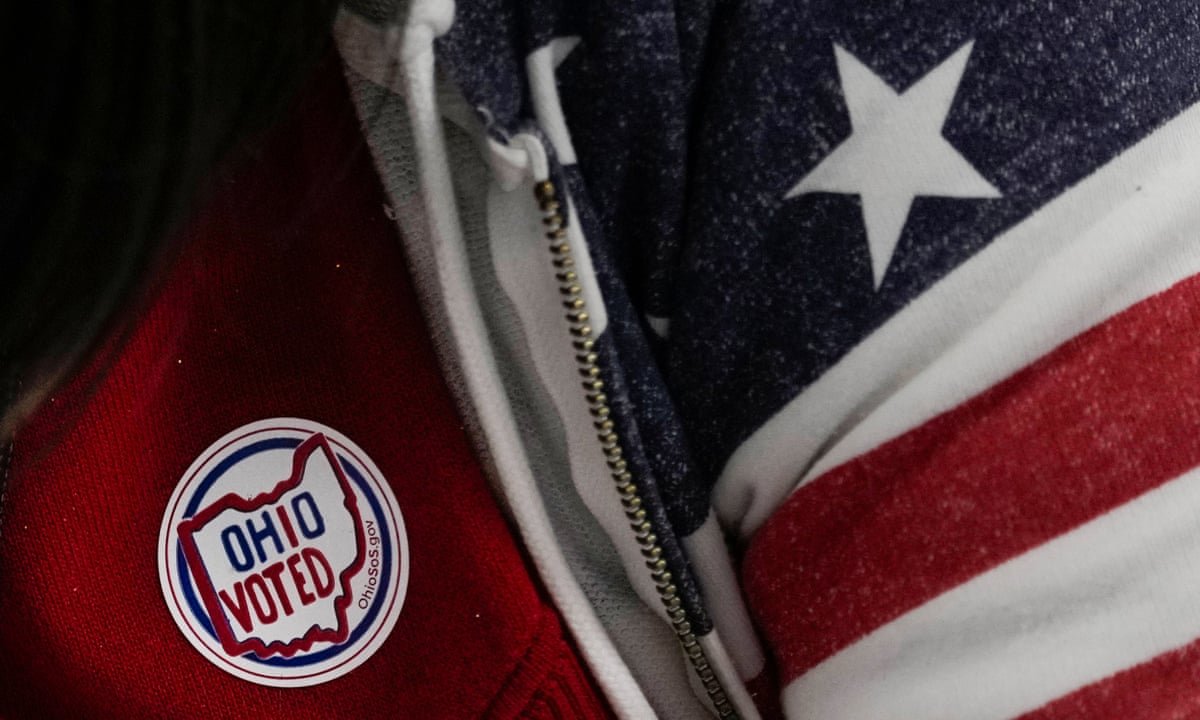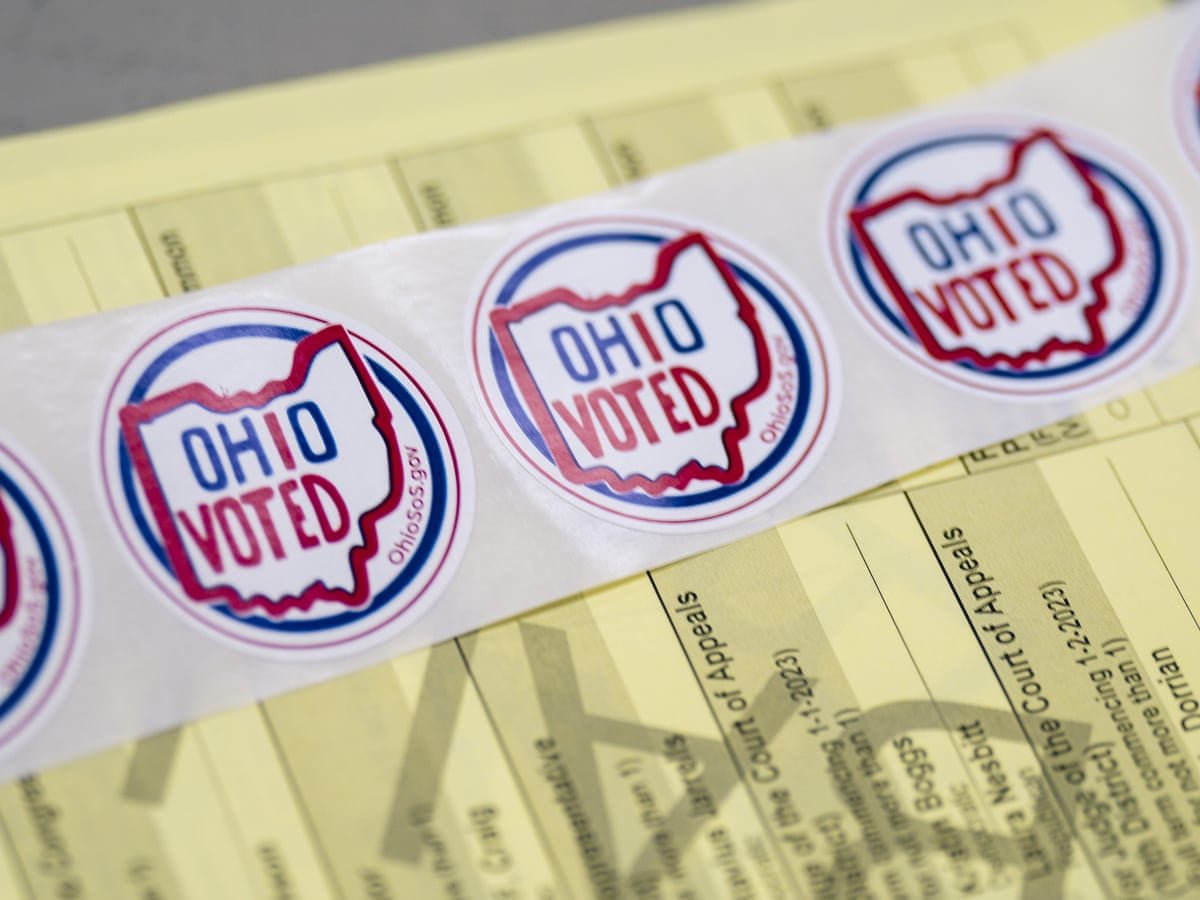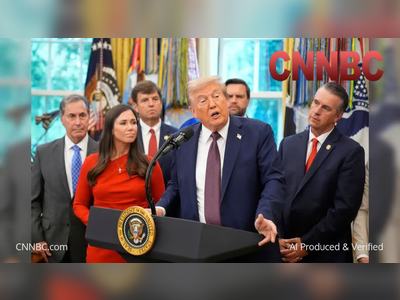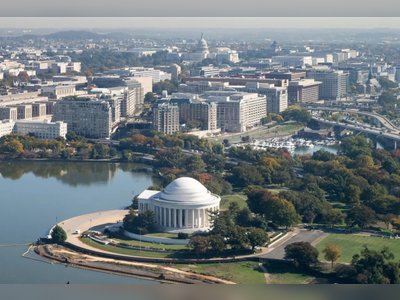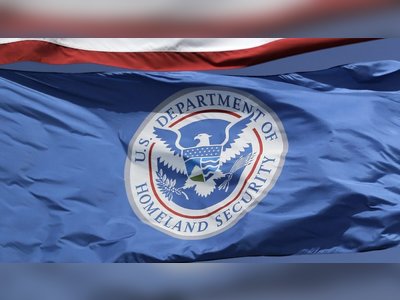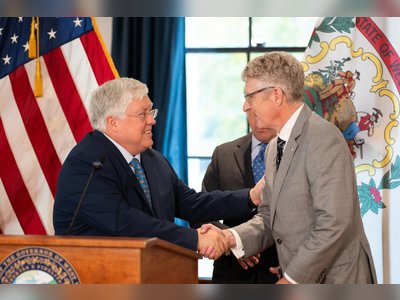DOJ Warned Ohio Over Late-Arriving Mail-In Ballots as GOP Moves to Tighten Deadline
The Trump administration pressed Ohio to end its four-day grace period for ballots arriving after Election Day, threatening legal action unless state law aligned
The U.S. Department of Justice urged Ohio to amend its election law so that absentee ballots would not be counted unless physically received by the time polls close on Election Day, the state’s top election official revealed.
Ohio Secretary of State Frank LaRose testified to legislators that an assistant attorney general sent a letter on September 29 warning the state that its system—a four-day grace period for ballots post-marked before Election Day—required amendment if Ohio wished to "avoid costly litigation in federal court."
In response, Ohio Republicans introduced Senate Bill 293, which would require all mail-in ballots be returned by the close of polls rather than accepted up to four days later.
The bill is backed by LaRose and the state’s Republican leadership, who say the change aligns Ohio with more than thirty states that already enforce a same-day receipt deadline.
The timing follows a broader effort by President Donald Trump and his allies to eliminate mail-in ballot “grace periods” nationwide.
While federal law does not explicitly ban states from counting ballots arriving after Election Day, the Justice Department’s intervention is being interpreted as signalling the administration’s position.
The White House declined to comment directly on the Ohio correspondence.
Opponents argue that stricter deadlines could disenfranchise military voters and overseas citizens whose ballots often arrive after Election Day despite being timely posted.
Veterans’ groups in Ohio have voiced concern that the proposed law change could particularly affect their right to vote.
Meanwhile, legislative backers contend the reform enhances election integrity and consistency.
As Ohio moves toward a legislative session in 2026, the state’s developments are expected to influence similar bills in other jurisdictions.
The outcome may also test how far the federal government can pressure state election rules without invoking new legislation.
Ohio Secretary of State Frank LaRose testified to legislators that an assistant attorney general sent a letter on September 29 warning the state that its system—a four-day grace period for ballots post-marked before Election Day—required amendment if Ohio wished to "avoid costly litigation in federal court."
In response, Ohio Republicans introduced Senate Bill 293, which would require all mail-in ballots be returned by the close of polls rather than accepted up to four days later.
The bill is backed by LaRose and the state’s Republican leadership, who say the change aligns Ohio with more than thirty states that already enforce a same-day receipt deadline.
The timing follows a broader effort by President Donald Trump and his allies to eliminate mail-in ballot “grace periods” nationwide.
While federal law does not explicitly ban states from counting ballots arriving after Election Day, the Justice Department’s intervention is being interpreted as signalling the administration’s position.
The White House declined to comment directly on the Ohio correspondence.
Opponents argue that stricter deadlines could disenfranchise military voters and overseas citizens whose ballots often arrive after Election Day despite being timely posted.
Veterans’ groups in Ohio have voiced concern that the proposed law change could particularly affect their right to vote.
Meanwhile, legislative backers contend the reform enhances election integrity and consistency.
As Ohio moves toward a legislative session in 2026, the state’s developments are expected to influence similar bills in other jurisdictions.
The outcome may also test how far the federal government can pressure state election rules without invoking new legislation.

